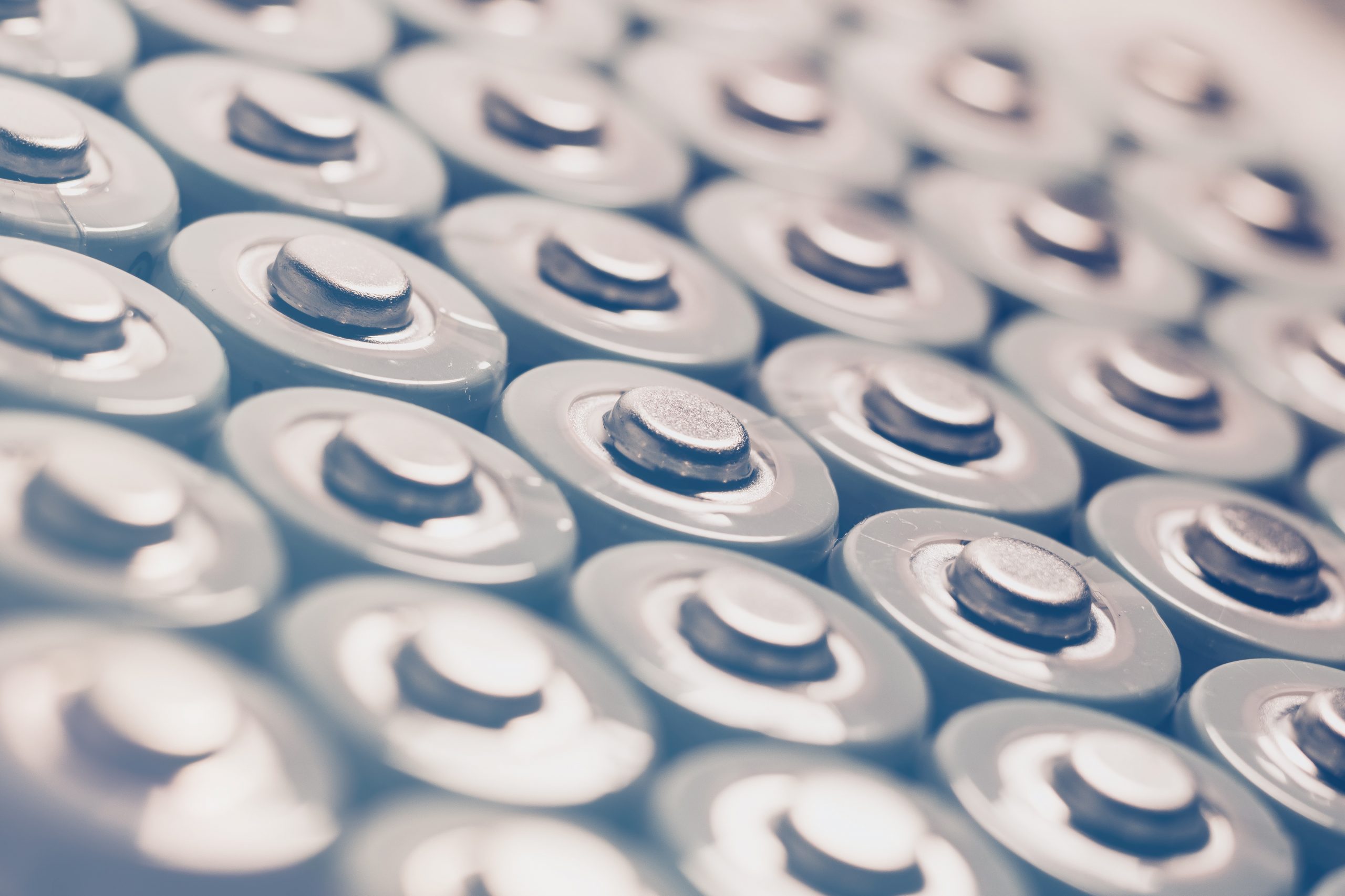 Topic Close-up 9
Topic Close-up 9
Symposium:
A03—Battery Safety and Failure Modes 4
Extended abstract deadline:
April 21, 2023
For additional information on 244th ECS Meeting symposia, consult more topic close-ups.
Submit today! Topic Close-up 9
Topic Close-up 9Symposium:
A03—Battery Safety and Failure Modes 4
For additional information on 244th ECS Meeting symposia, consult more topic close-ups.
Submit today!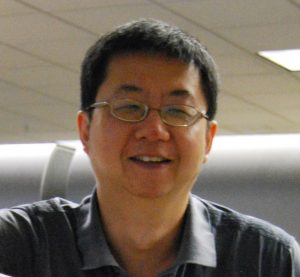 The ECS National Capital Section invites you to register for a webinar on “Electrolytes, Interfaces, and Interphases” presented by Kang Xu from the Battery Science Branch, DEVCOM Army Research Laboratory, on March 2, 2023, at 1200h ET.
The ECS National Capital Section invites you to register for a webinar on “Electrolytes, Interfaces, and Interphases” presented by Kang Xu from the Battery Science Branch, DEVCOM Army Research Laboratory, on March 2, 2023, at 1200h ET.
Speaker: Kang Xu
Senior Chemist, Battery Science Branch
United States Army Research Laboratory (more…)
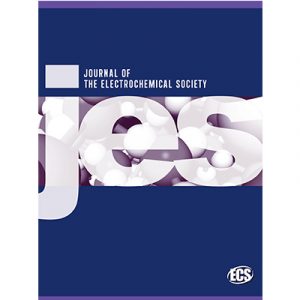 The Journal of The Electrochemical Society is publishing a virtual focus issue in connection with IMLB 2022, hosted in Sydney Australia. This issue is only open to participants of IMLB 2022 who presented therein (invited talks and posters). Review, critical review, perspective, methods, communication, and original research articles are welcomed.
The Journal of The Electrochemical Society is publishing a virtual focus issue in connection with IMLB 2022, hosted in Sydney Australia. This issue is only open to participants of IMLB 2022 who presented therein (invited talks and posters). Review, critical review, perspective, methods, communication, and original research articles are welcomed.
IMLB 2022 is the premier international conference on the state of lithium battery science and technology, as well as current and future related battery systems for application in transportation, industry, grid storage, aviation, aerospace, biomedical, and other promising sectors.
Manuscripts submitted to this issue undergo the normal rigorous review process used for JES, with papers expected to meet the customary high scientific and technical standards for which this journal is known.
(more…)
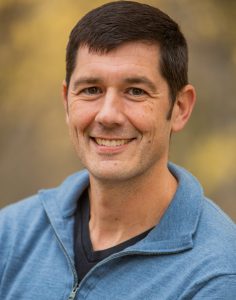 If you missed Dr. Mark Willey’s webinar, the live webinar was recorded and has been uploaded to the official ECS YouTube channel for open-access viewing. View it now!
If you missed Dr. Mark Willey’s webinar, the live webinar was recorded and has been uploaded to the official ECS YouTube channel for open-access viewing. View it now!
The Society and ECS Pacific Northwest Section hosted the webinar, “The U.S. Lithium Battery Market and the Challenge of Supporting it with Domestic Suppliers,” on May 3, 2022. This interesting, forward-thinking presentation and lively Q&A session covered: (more…)
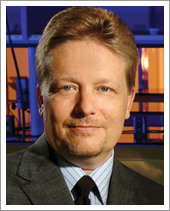 Ion Storage Systems (ION), the battery technology company founded by ECS President Eric Wachsman, announced the initial closing of its $30 million Series A financing round. Clear Creek Investments, VoLO Earth Ventures, and Alsop Louie Partners led the investment. With the funding, ION will commission and qualify a battery cell manufacturing line capable of producing 10MWh/yr of safe, energy dense and versatile solid state batteries.
Ion Storage Systems (ION), the battery technology company founded by ECS President Eric Wachsman, announced the initial closing of its $30 million Series A financing round. Clear Creek Investments, VoLO Earth Ventures, and Alsop Louie Partners led the investment. With the funding, ION will commission and qualify a battery cell manufacturing line capable of producing 10MWh/yr of safe, energy dense and versatile solid state batteries.
ION started in Dr. Wachsman’s University of Maryland chemistry lab with a $574,275 federal grant. The company’s high-energy dense, nonflammable solid state lithium metal batteries are safer, lighter, pack tighter density, tolerate greater abuse, and have reduced volume and weight. The new financing enables the company to launch a factory near Washington, D.C., and begin commercial production of the batteries. Aerospace and defense customers will receive the first commercial cells followed by development projects with multiple electric vehicle manufacturers, defense contractors, and consumer electronics companies. (more…)
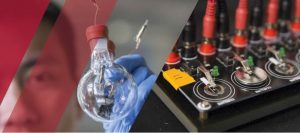 StorageX International Symposium
StorageX International SymposiumAn Online Series on Energy Storage
Sponsored by Stanford’s StorageX Initiative
Join Stanford StorageX for an interactive symposium series on the latest advances and breakthrough research in energy storage. (more…)
 StorageX International Symposium
StorageX International SymposiumA New Online Series on Energy Storage
Sponsored by Stanford’s StorageX Initiative
Join Stanford StorageX for an interactive symposium series on the latest advances and breakthrough research in energy storage. (more…)
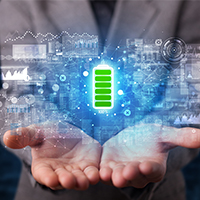 For months, Impact Canada has been working hard on narrowing down five finalists to work on the Charging the Future Challenge, a $4.5-million project aimed at accelerating made-in-Canada clean battery innovations with the potential to substantially reduce greenhouse gas emissions. The five selected finalists will have the opportunity to pitch their ideas for battery breakthroughs to a jury for a chance to win up to $700,000 each to develop battery prototypes over the course of 18-months, with the winner receiving a $1 million grand prize. (more…)
For months, Impact Canada has been working hard on narrowing down five finalists to work on the Charging the Future Challenge, a $4.5-million project aimed at accelerating made-in-Canada clean battery innovations with the potential to substantially reduce greenhouse gas emissions. The five selected finalists will have the opportunity to pitch their ideas for battery breakthroughs to a jury for a chance to win up to $700,000 each to develop battery prototypes over the course of 18-months, with the winner receiving a $1 million grand prize. (more…)
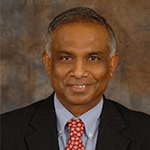 On June 17, 2020, Dr. Arumugam Manthiram, winner of the 2020 Henry B. Linford Award for Distinguished Teaching, presented his talk on “Intricacies of High-Energy Cathodes for Lithium-Ion Batteries” via a live webinar presentation.
On June 17, 2020, Dr. Arumugam Manthiram, winner of the 2020 Henry B. Linford Award for Distinguished Teaching, presented his talk on “Intricacies of High-Energy Cathodes for Lithium-Ion Batteries” via a live webinar presentation.
Dr. Manthiram’s talk covered the fundamental science behind the development of high-energy density cathodes for lithium-ion batteries in the 1980s, the richness and complexity of layered oxide cathodes for lithium-ion batteries, and exposure to a perspective on high-energy, long-life, safe lithium-ion batteries.
View Dr. Manthiram’s webinar presentation, here.
Following the talk, attendees were given the opportunity to ask Dr. Manthiram questions in a Q&A session, available below. (more…)
 ECS is hosting a series of webinars presented by distinguished speakers this June. Join us! Speakers include Harry Atwater from the California Institute of Technology, Arumugam Manthiram from the University of Texas at Austin, and Paul Kenis from the University of Illinois at Urbana-Champaign. Topics include batteries, energy, carbon, and more. Considering attending? Learn more about what you can expect to hear about from our presenters! (more…)
ECS is hosting a series of webinars presented by distinguished speakers this June. Join us! Speakers include Harry Atwater from the California Institute of Technology, Arumugam Manthiram from the University of Texas at Austin, and Paul Kenis from the University of Illinois at Urbana-Champaign. Topics include batteries, energy, carbon, and more. Considering attending? Learn more about what you can expect to hear about from our presenters! (more…)